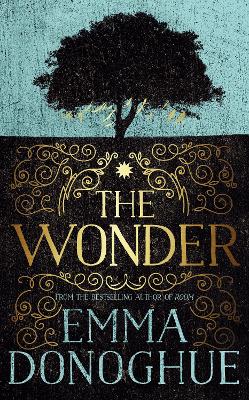Reviewed by gmcgregor on
Lib, coming from a more scientific perspective, is sure that the child has been consuming food. She's suspicious of her fellow nurse and the entire O'Donnell family because of their Catholicism, which she believes blinds them to the reality that bodies need food to continue functioning. She institutes strict control over Anna's routine immediately, stopping a flow of visitors that have come to see the little miracle girl. But over the first week, she softens toward the girl herself even as she continues to try to figure out how she's eating. Anna is a sweet, obedient, faithful child, still mourning the recent loss of an older brother, her only sibling. She finds herself wondering if it might somehow be real, if maybe Anna is surviving off of what she says she is: manna from heaven. But Anna starts to take a turn for the worse, and Lib has to figure out what's going on and if she can somehow be saved.
This book was such a disappointment. It indulged in what is one of my least favorite plot devices...to create tension and an atmosphere of suspense, it backloads all the payoff into the end of the book. So, basically, it crawls along with about 25% for about 75% of the book, and then stuffs the last 25% of the book with 75% of the plot. I've never enjoyed consuming books or movies that do this, I think it's a sign of lazy storytelling (which is probably why I don't read a lot of mysteries or thrillers, because it's much more common in those genres). In this case, some of that stuff did need to be left until the end, but there were some revelations about Lib's personal life that could have provided some badly-needed character development up front without compromising the reveals toward the end. And that's not the only example of lazy writing: when a sparkly-eyed, charming reporter shows up at the same rooming house Lib is staying at, it would take an idiot to not recognize that he's going to be a love interest, which is of course exactly what happens. And though good quality prose could have done a lot to make the story flow more smoothly, Donoghue's writing is utilitarian at best. I did not enjoy reading it and would not recommend it.
Reading updates
- Started reading
- 15 December, 2016: Finished reading
- 15 December, 2016: Reviewed
